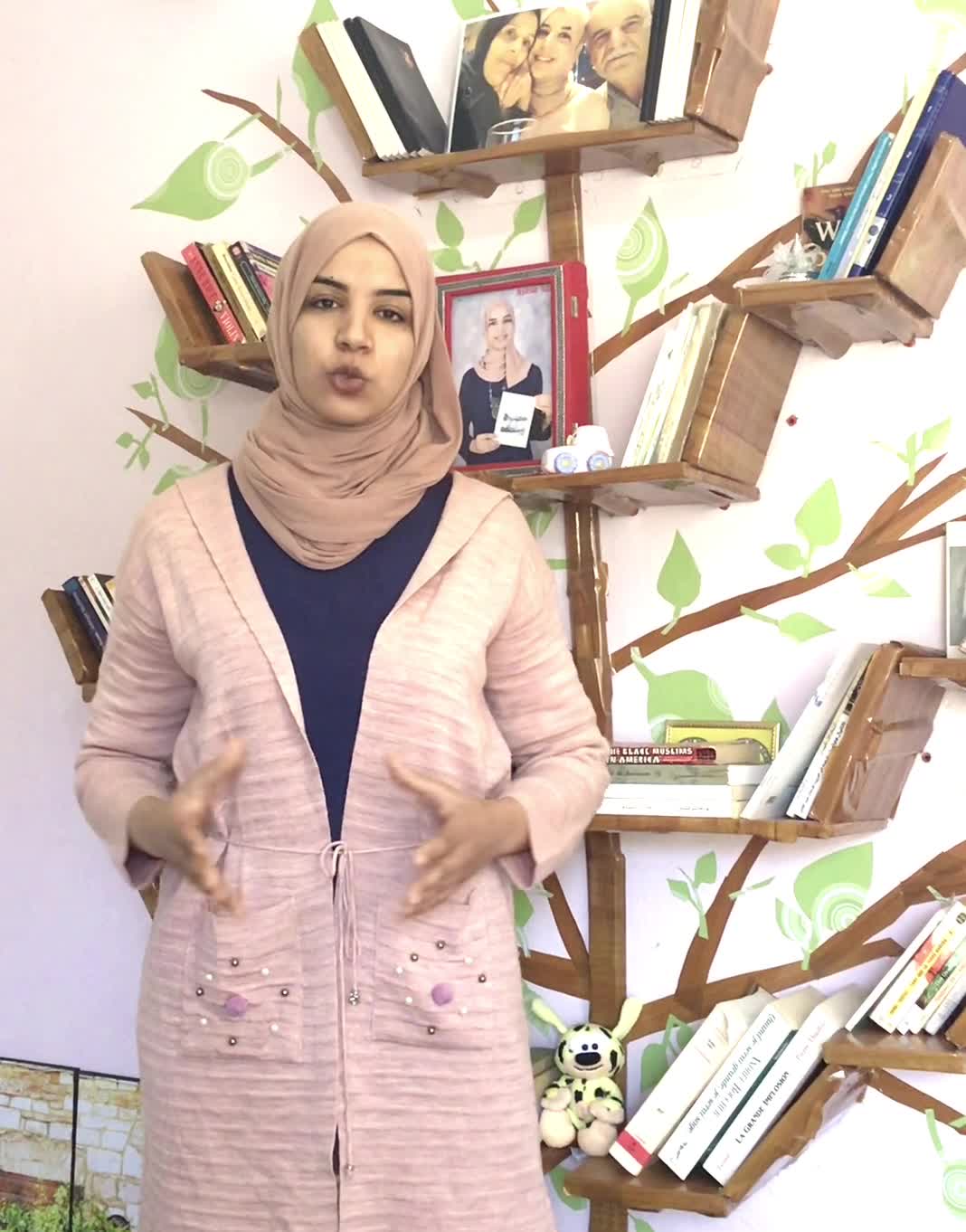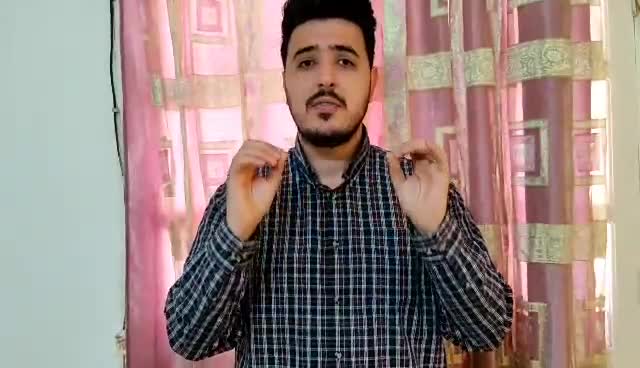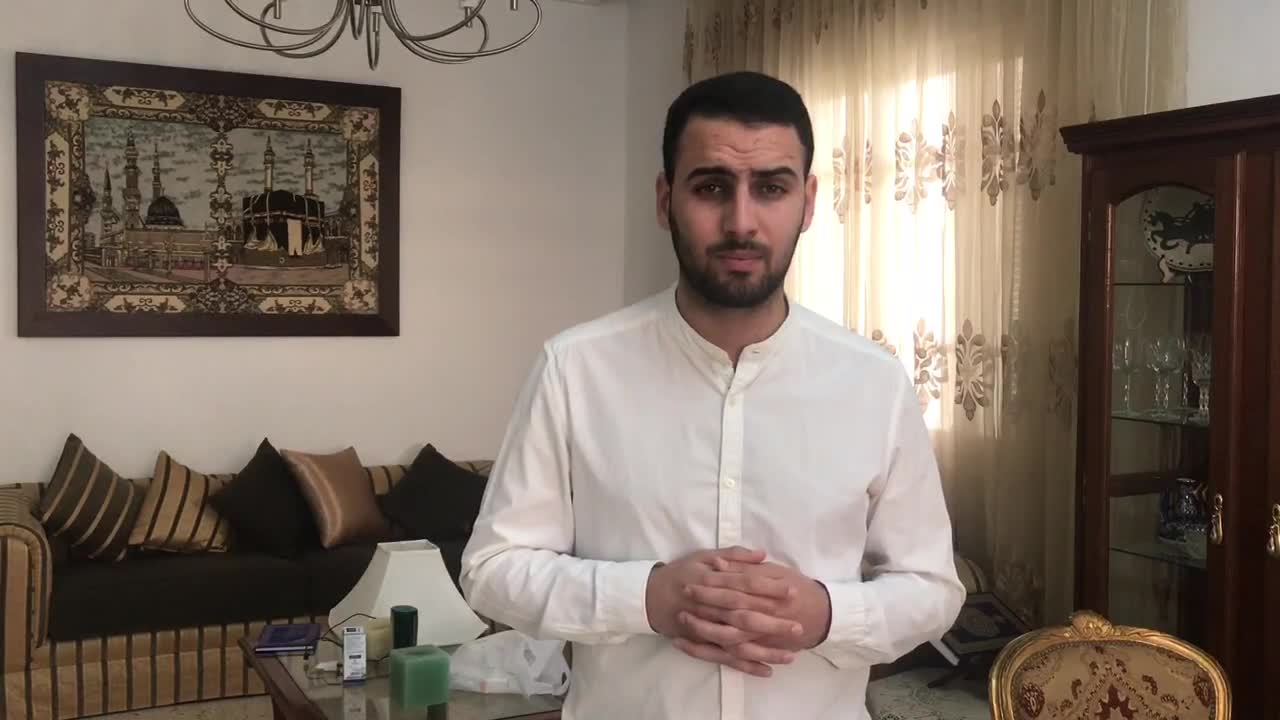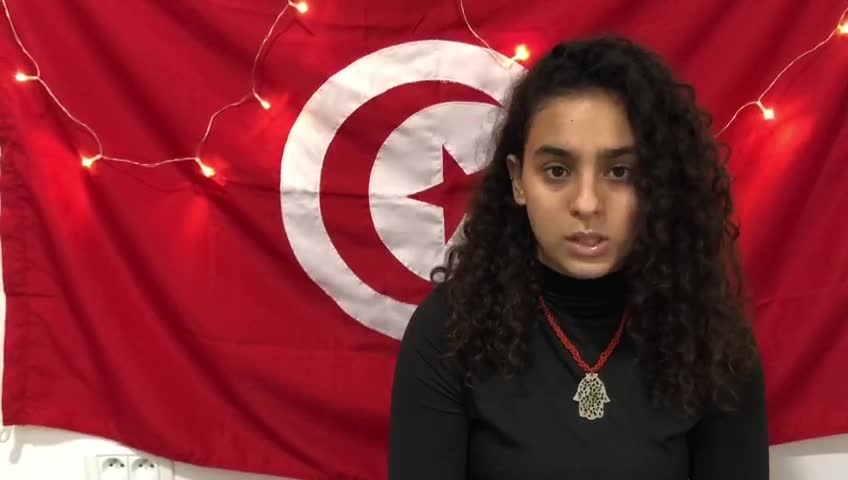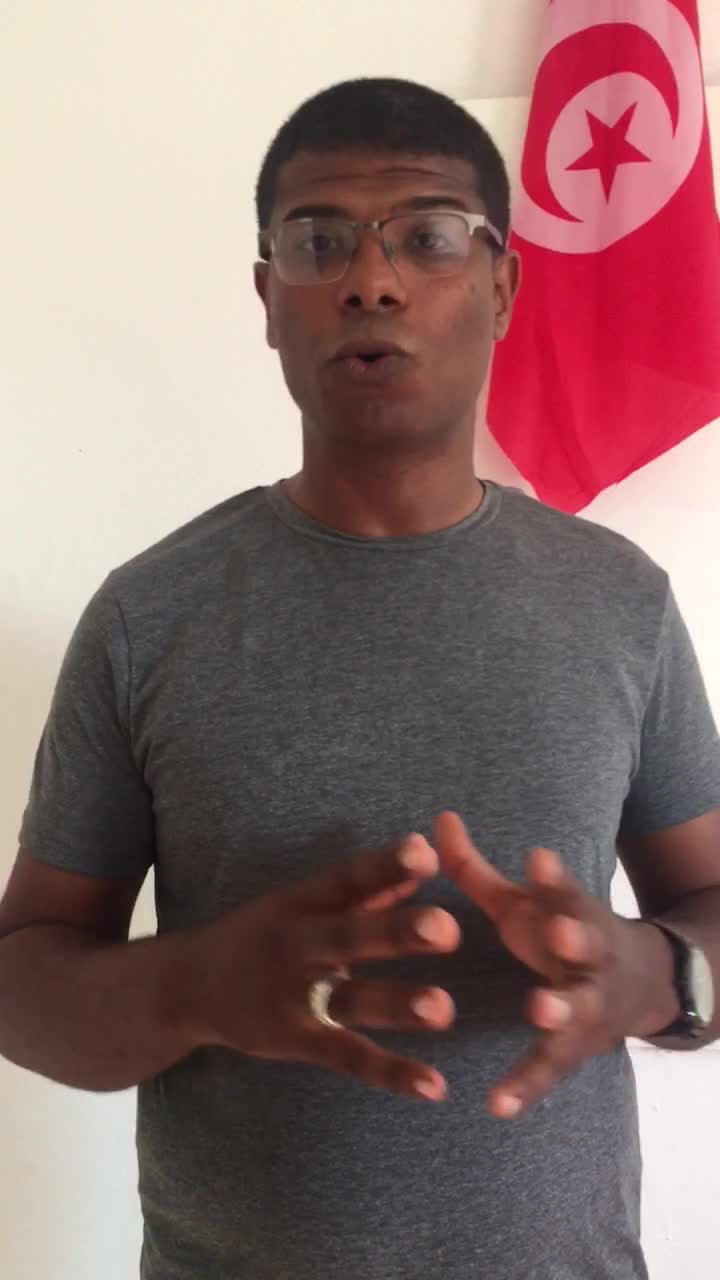#Zaama youth have resigned from political life?
Tunisian youth is an important demographic. A recent World Bank study found that youth aged 15–29 comprise 29 percent of Tunisia’s total population and 43 percent of the working-age population (aged 15–29). So much so, in fact, that Article 8 of the 2014 constitution states that youth are an “active force in building the nation.” January 14th--the holiday in which Tunisians celebrate the 2010-2011 ouster of Ben Ali--is named “Revolution and Youth Day.”
Tunisian youth is an important demographic. A recent World Bank study found that youth aged 15–29 comprise 29 percent of Tunisia’s total population and 43 percent of the working-age population (aged 15–29). So much so, in fact, that Article 8 of the 2014 constitution states that youth are an “active force in building the nation.” January 14th--the holiday in which Tunisians celebrate the 2010-2011 ouster of Ben Ali--is named “Revolution and Youth Day.”
While youth are cherished by state and society alike, the place and participation of youth today is held in question. On the one hand, concerns are constantly raised about the marginalization and complete resignation of youth from political life. These concerns are supported by low youth turnout rates in previous elections and the dismal presence of youth representation in positions of political decision-making.
On the other hand, several voices highlight new forms of political participation among Tunisian youth, such as the high turnout rates among youth in the last presidential elections, which is being called the “2019 Awakening.”
In this context, we propose the motion: #Zaama youth has resigned from political life?










